Can Guatemala Coral Stone be used exterior applications in cold climates?
Guatemala Coral Stone can be used in exterior applications in cold climates, but there are a few factors to consider:
1. Durability: Guatemala Coral Stone is a natural material that is known for its strength and durability. It is resistant to weathering and can withstand freezing temperatures. However, it is still important to ensure that the stone is properly sealed and maintained to prevent any potential damage caused by freeze-thaw cycles.
2. Slip Resistance: In cold climates, the risk of ice formation increases, which can make surfaces slippery. It is essential to choose a finish or texture that provides sufficient slip resistance to ensure safety.
3. Moisture Resistance: Cold climates often experience snowfall or rain, which can lead to moisture accumulation on surfaces. Proper installation and sealing of the stone can help prevent moisture penetration and potential damage.
4. Insulation: Coral stone is not as thermally insulating as other materials, such as brick or concrete. Therefore, additional insulation may be needed to maintain indoor comfort in cold climates.
Overall, with proper installation, sealing, and maintenance, Guatemala Coral Stone can be used in exterior applications in cold climates. It is advisable to consult with a professional contractor or supplier who can provide specific guidance based on your climate and project requirements.
Guatemala Coral Stone can be used in exterior applications in cold climates, but there are a few factors to consider:
1. Durability: Guatemala Coral Stone is a natural material that is known for its strength and durability. It is resistant to weathering and can withstand freezing temperatures. However, it is still important to ensure that the stone is properly sealed and maintained to prevent any potential damage caused by freeze-thaw cycles.
2. Slip Resistance: In cold climates, the risk of ice formation increases, which can make surfaces slippery. It is essential to choose a finish or texture that provides sufficient slip resistance to ensure safety.
3. Moisture Resistance: Cold climates often experience snowfall or rain, which can lead to moisture accumulation on surfaces. Proper installation and sealing of the stone can help prevent moisture penetration and potential damage.
4. Insulation: Coral stone is not as thermally insulating as other materials, such as brick or concrete. Therefore, additional insulation may be needed to maintain indoor comfort in cold climates.
Overall, with proper installation, sealing, and maintenance, Guatemala Coral Stone can be used in exterior applications in cold climates. It is advisable to consult with a professional contractor or supplier who can provide specific guidance based on your climate and project requirements.
 Guatemala
Guatemala
















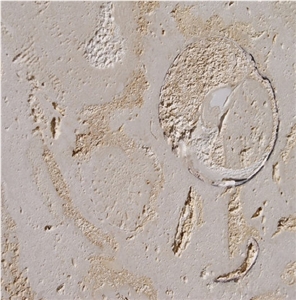
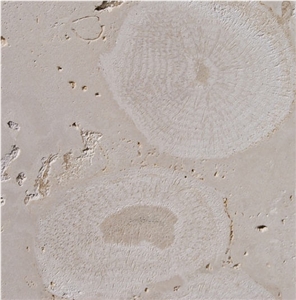
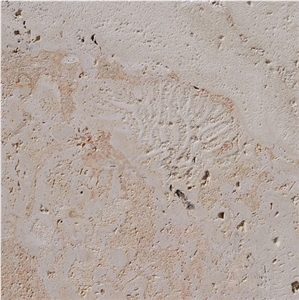
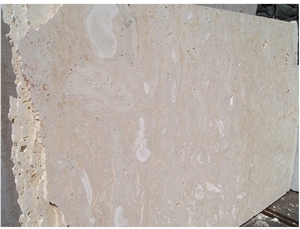
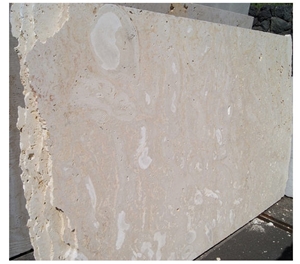
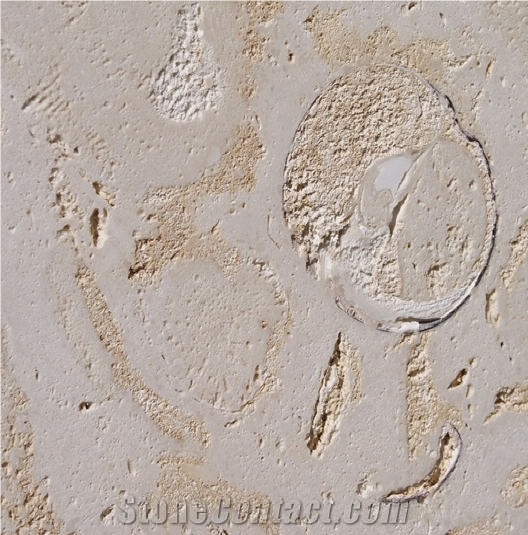
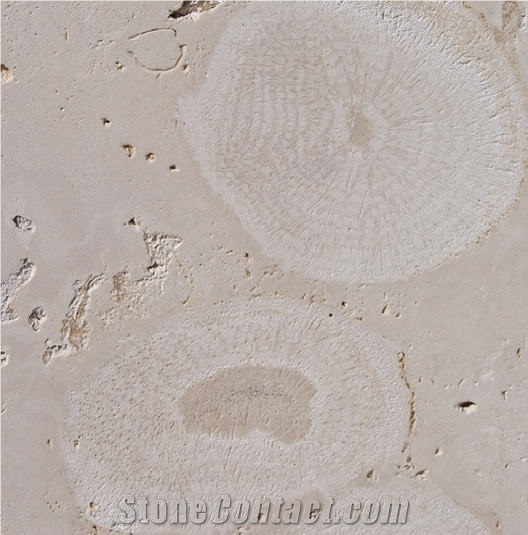
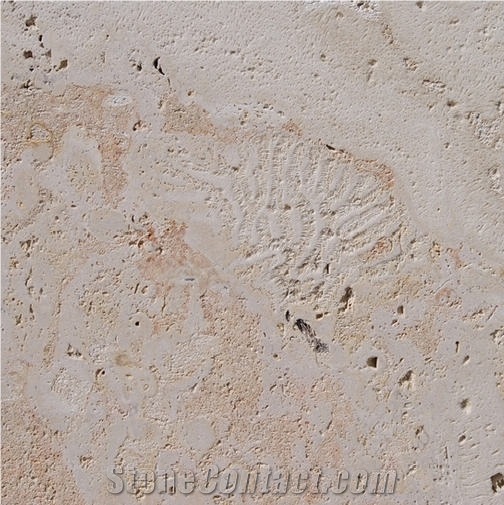
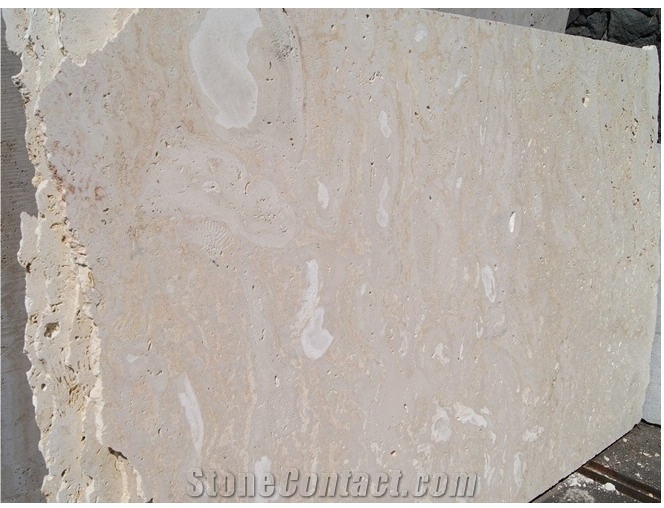
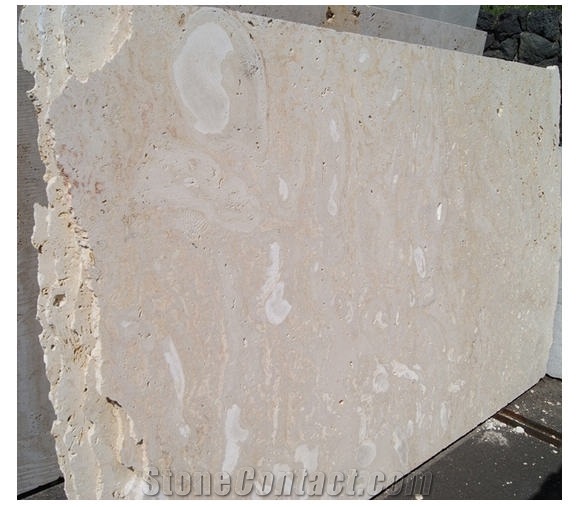

 United States
United States